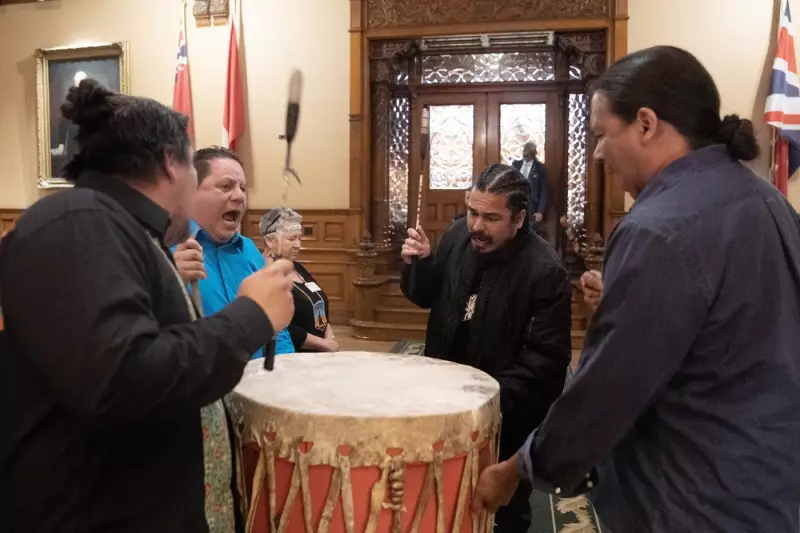
In a stunning rebuke to legal billing practices, an Ontario Superior Court judge has dramatically reduced what he called an "unreasonable" $510 million fee request from lawyers involved in a historic treaty rights case.
Justice Hugh O'Connell delivered a landmark ruling that slashed the legal fees to a significantly lower amount, though the exact reduced figure remains under a publication ban. The case involved the massive $10 billion Robinson-Huron Treaty annuities settlement, one of the largest indigenous treaty settlements in Canadian history.
A Question of Reasonableness
The judge didn't mince words in his assessment of the original fee request, stating that while lawyers deserve fair compensation for their work, the proposed $510 million crossed into unreasonable territory. The legal team had argued their fee represented standard contingency arrangements given the unprecedented scale of the settlement they secured for their clients.
"This ruling sends a clear message about the limits of legal billing, even in cases involving billions of dollars," said a court observer familiar with the proceedings. "The judge acknowledged the lawyers' success but drew a line at what constitutes reasonable compensation."
Historic Settlement Background
The fee dispute stems from the groundbreaking Robinson-Huron Treaty annuities case, which resulted in a $10 billion settlement for 21 First Nations across northern Ontario. The settlement addressed longstanding grievances about inadequate annuity payments dating back to the 1850 treaty agreement.
Legal representatives had worked on the case for years under contingency fee agreements, which typically entitle lawyers to a percentage of any settlement they secure for their clients. However, Justice O'Connell determined that the sheer scale of the $510 million request warranted judicial intervention.
Implications for Future Cases
This ruling establishes important precedent for how courts will handle legal fee disputes in massive class-action and treaty cases. It demonstrates that even when lawyers achieve extraordinary results for their clients, courts will scrutinize fee requests to ensure they remain within reasonable bounds.
The decision comes at a time when large-scale indigenous rights cases are becoming more common across Canada, making this fee ruling particularly significant for future treaty negotiations and legal representations.





